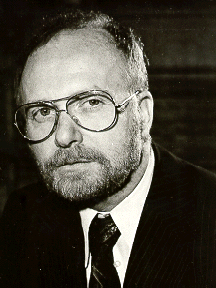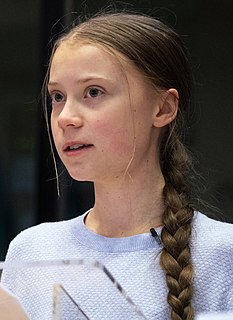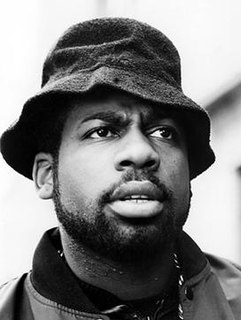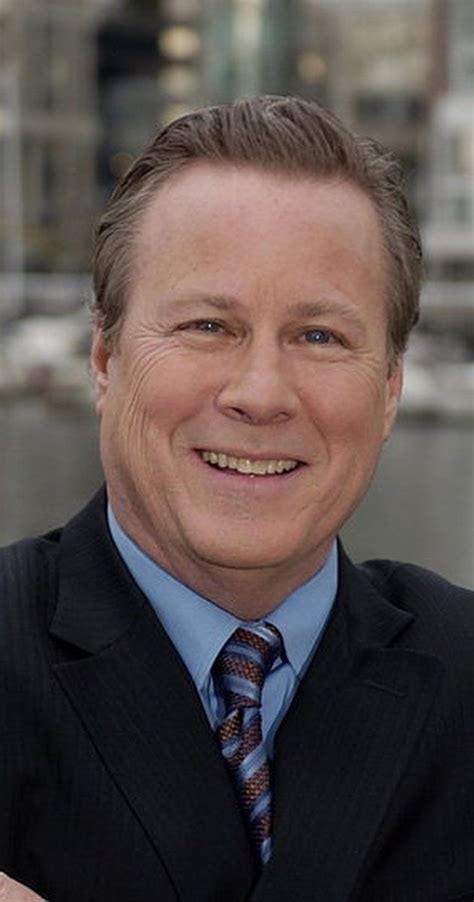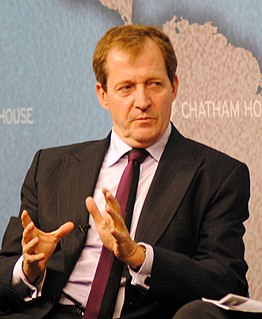A Quote by Paul Zindel
In fact, the thing Lorraine and I liked best about the Pigman was that he didn't go around saying we were cards or jazzy or cool or hip. He said we were delightful . . .
Related Quotes
I just always liked the company. The people who hung around her were amazing storytellers, whether it was actors or crew. They were just exciting people. And I knew that they were different when I would go see a friend or stay at someone else's house. It just wasn't as cool. So I always loved the theater, and that's where I started: at a theater up in Canada.
While we were saying all these things about taking care of our fellow men, we were flying around, eating meat, buying things, driving a car, having two homes. Then we realized that we of course are a huge part of the problem, in fact, we were part of the problem. Greta could not get around that, and it made her upset... She told us we had to change.
I did a film about child abuse with the great producer-director Richard Donner, Radio Flyer. Again, I was replacing somebody, but Lorraine Bracco was in it, and they wanted me as the cop in the thing to fall in love with Lorraine, but I said I wouldn't. I mean, I'm a cop, and she's ignoring that her kids are being beaten up by their stepfather. And we had an argument... well, not an argument, but a discussion about it. I said, "I just don't feel right. It's like you're taking everything away from the reality of the movie. Aren't you kind of idealizing this a little bit?
In 2003 I was saying, where are the ties [between Iraq] and al-Qaida? Where are the ties to 9/11? I knew it; where the f**k were these Democrats who said, 'We were misled'? That's the kind of thing that drives me crazy: 'We were misled.' F**k you, you weren't misled. You were afraid of being called unpatriotic.
I never go to the Grammys. I just never go. I don't know if I care enough, and I went because my son wanted to go, and they asked us to present Best Hip Hop Group of the Year. You know, we had two records from Compton in there, and it was just like a cool thing to do, and to do with your son, and it was just cool. But we was the first award up, so after I did my thing I just jumped in the car and came on back home.
When I worked with General Electric, again this was soon after the Second World War, you know, I was keeping up with new developments and they showed me a milling machine and this thing worked by punch cards - that's where computers were at that time, and everybody was sort of sheepish about how well this thing worked because in those days machinists were treated as though they were great musicians because they were virtuosos on these machines.
I mean, the thing about Guns N' Roses was that it wasn't trying to attach itself to the '80s, or anything that had to do with the '80s. It's just who we were at that time. We were doing what we wanted to do. That had really nothing to do with anything around us, except for the simple fact that we were rebelling against that stuff.
Paul Keating told us before we were elected that you can do deals with [Rupert] Murdoch without saying you were doing a deal. Did we do that kind of thing? Maybe. But from around about the turn of the century, I felt strongly that we had to do something about media ownership and self-regulation. Tony [Blair] disagreed.
